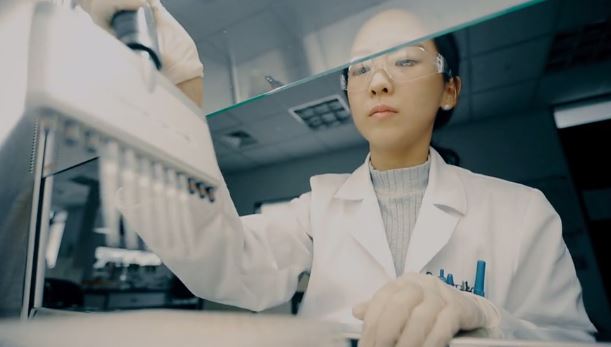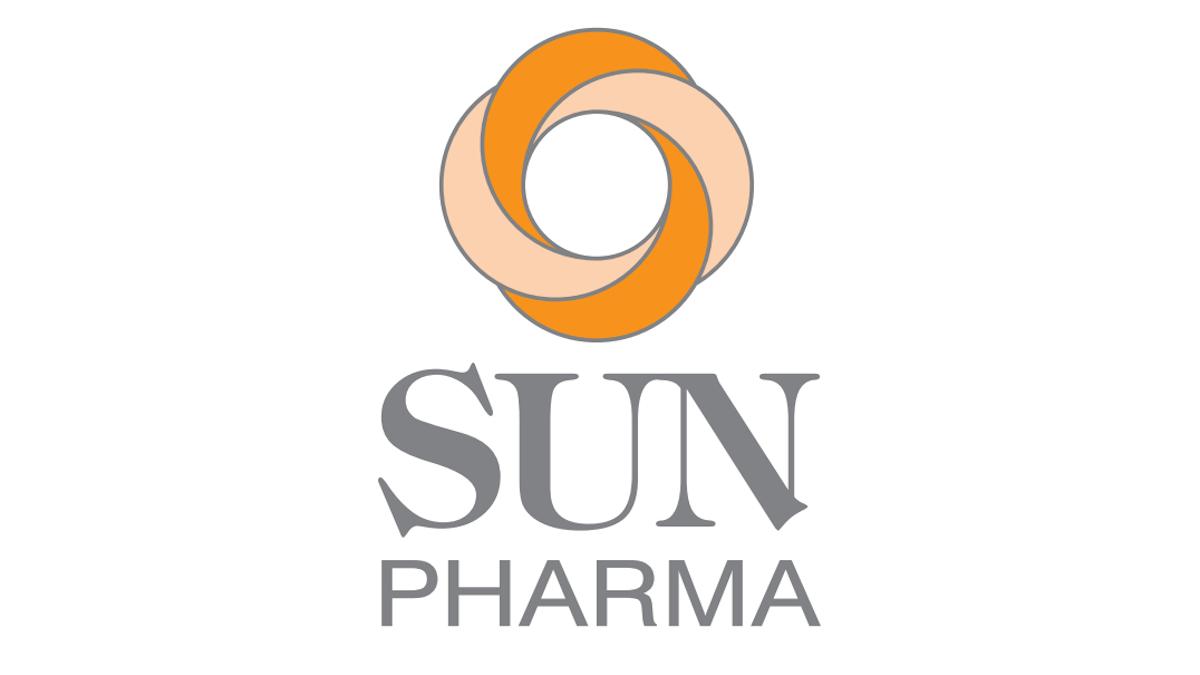Celltrion hopes to outdo inflammatory disease rivals with SC infliximab

South Korea’s Celltrion has made its name with biosimilars – near copies of biologic drugs – but is hoping to go one better with a subcutaneously administered version of infliximab that will be more appealing to patients than the injected originator drug, Johnson & Johnson/MSD’s Remicade.
At the moment Celltrion can only compete against the infused inflammatory diseases drug Remicade on price, as biosimilars are approved as alternatives to the original drug, after a host of trials and analyses prove they are just as safe and effective.
But the Korea Herald reported that Celltrion has concluded phase 3 trials for its subcutaneous infliximab biosimilar, known as Remsima SC, and aims to file the new formulation with the European Medicines Agency later this year.
Celltrion hopes that the subcutaneous version of the drug will prove popular with patients, as it will allow them to administer the drug themselves in a few minutes instead of the lengthy process of infusion required with Remicade.
The subcutaneous version of the drug can also be injected in a patient’s own home, preventing the need for lengthy hospital visits and freeing up clinicians’ time.
As well as competing with Remicade directly, the new Remsima formulation could also steal market share from competitor drugs used to treat the same conditions, such as rheumatoid arthritis and Crohn’s disease.
This means that AbbVie’s mega-blockbuster Humira (adalimumab), itself threatened by biosimilars that could launch in October, may face an even tougher market in the diseases where Remsima could be used if approved by regulators.
The European approval process usually takes just over a year to review biologic drugs, paving the way for a launch of subcutaneous Remsima in early 2020 if approved.
Roche has already pulled a similar trick with its well-established blood cancer drug Rituximab (rituxan).
The Swiss drugmaker made a subcutaneous version of the drug as a riposte to biosimilars, and has become established in Europe and the US over the last couple of years.












